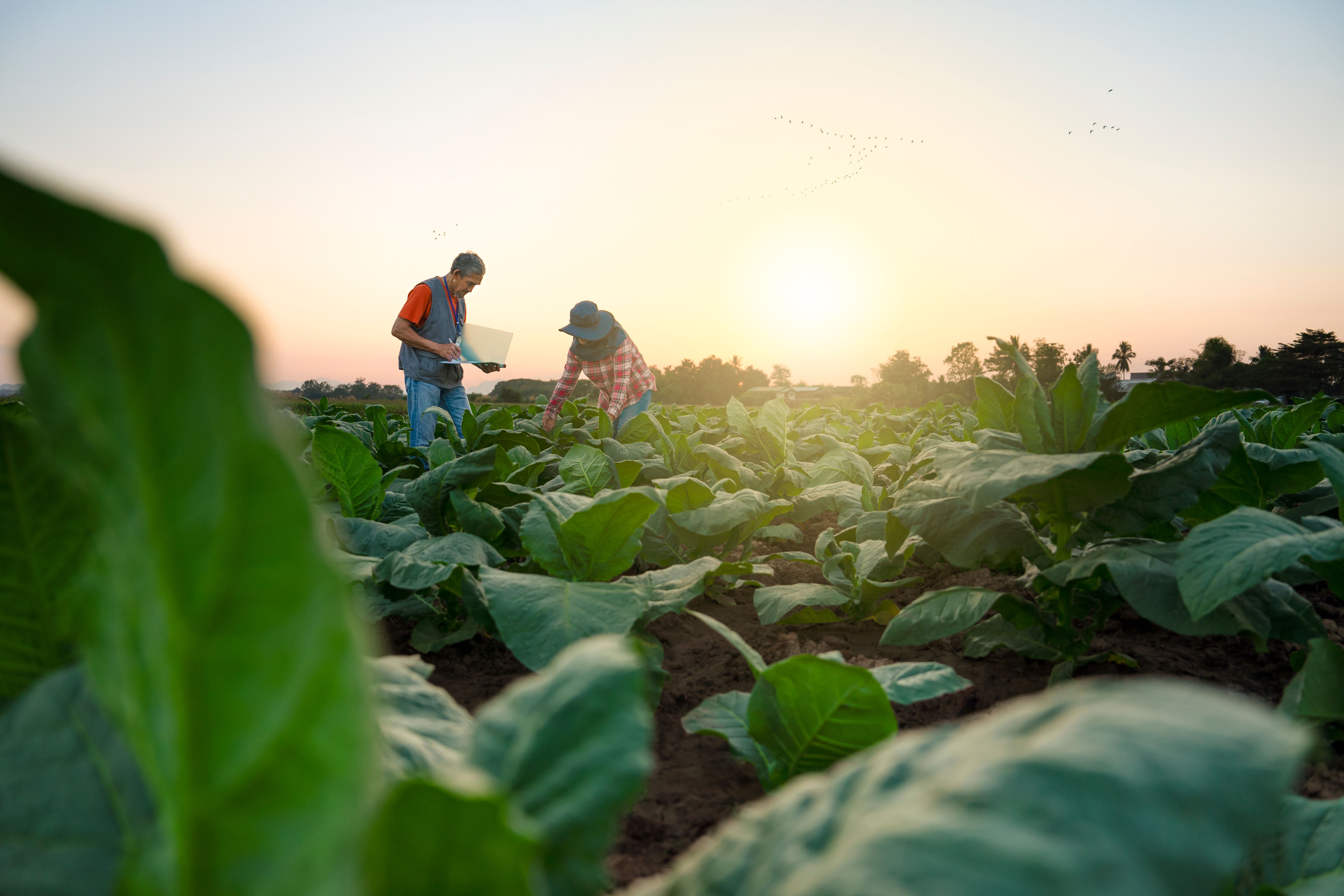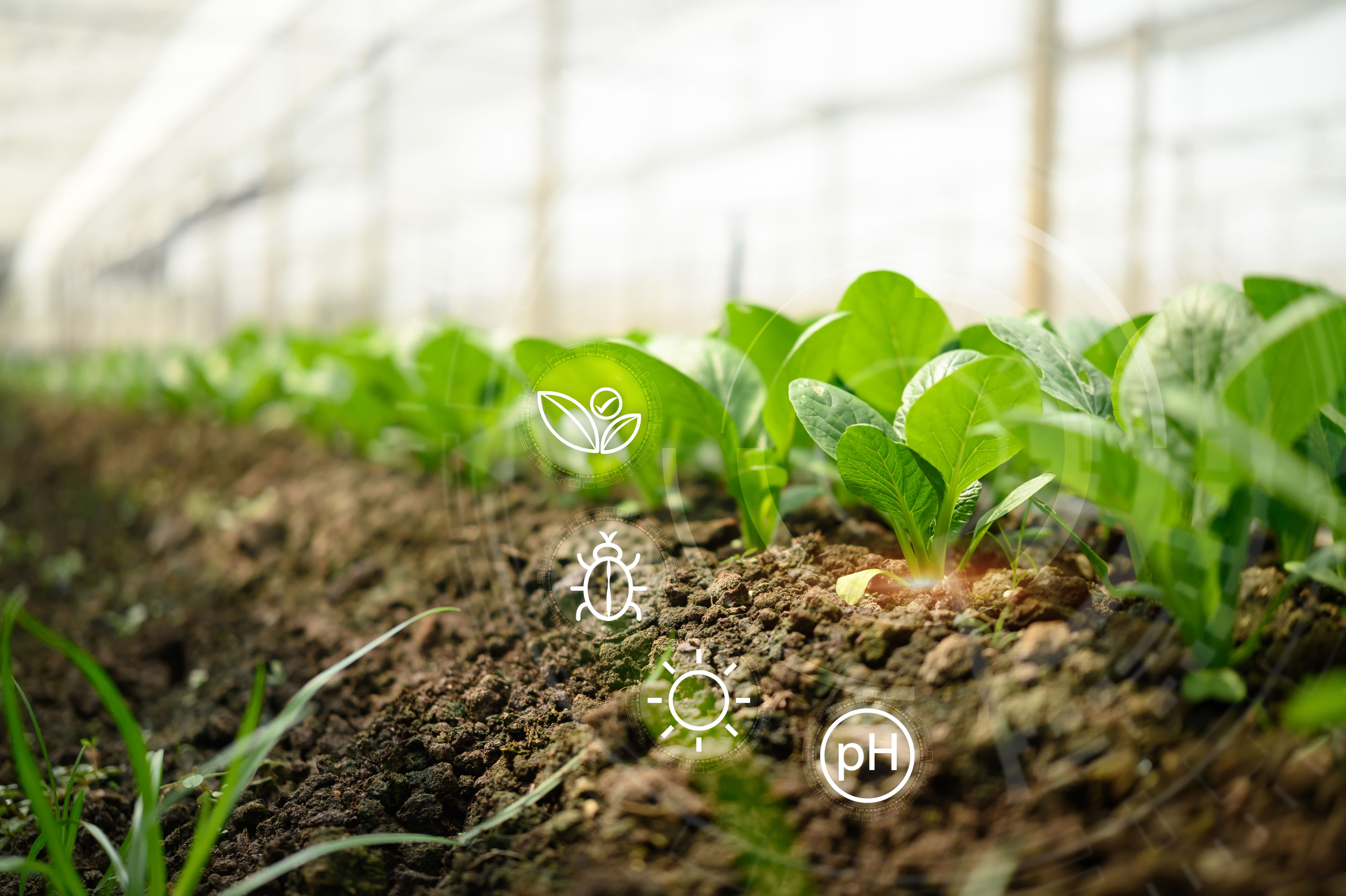Understanding Agricultural Consultancy and Insurance in the U.S.
Introduction to Agricultural Consultancy
Agricultural consultancy plays a crucial role in the modern agricultural landscape of the U.S. It involves providing expert advice to farmers and agricultural businesses, helping them improve productivity, sustainability, and profitability. With the ever-evolving challenges in agriculture, from climate change to market fluctuations, consultancy services have become indispensable for farmers seeking to navigate these complexities effectively.
The primary objective of agricultural consultancy is to offer tailored solutions that address specific needs. Consultants work closely with farmers to develop strategies that optimize crop yields, enhance soil health, and implement efficient resource management practices.

Key Services Offered by Agricultural Consultants
Agricultural consultants offer a wide range of services, including:
- Crop Management: Advising on crop selection, planting schedules, and pest control techniques.
- Soil Health Assessment: Analyzing soil composition and recommending soil improvement practices.
- Resource Optimization: Guidance on efficient use of water, fertilizers, and energy resources.
- Market Analysis: Providing insights on market trends to help farmers make informed decisions.
These services are designed to empower farmers with the knowledge and tools necessary for successful farming operations, ultimately leading to increased profitability and sustainability.
Understanding Agricultural Insurance
Agricultural insurance is another critical component in safeguarding the interests of farmers in the U.S. It functions as a safety net, providing financial protection against unpredictable events like natural disasters, pest outbreaks, and price volatility. This insurance ensures that farmers can recover from losses and continue their operations without significant financial strain.

Types of Agricultural Insurance
Agricultural insurance comes in various forms, each tailored to specific needs:
- Crop Insurance: Covers loss of crops due to natural disasters such as droughts or floods.
- Livestock Insurance: Protects against the loss of livestock due to disease or accidents.
- Revenue Protection: Offers coverage against price fluctuations and loss of revenue.
- Property Insurance: Safeguards farm properties and equipment from damage or theft.
Each type of insurance is designed to mitigate specific risks associated with farming, providing peace of mind and financial security for agricultural producers.
The Role of Technology in Agricultural Consultancy and Insurance
The integration of technology has significantly transformed both agricultural consultancy and insurance. Advanced technologies like satellite imagery, drones, and data analytics are now being used to provide more accurate assessments and predictions. These tools enable consultants to offer precise recommendations and help insurers assess risks more accurately.

For instance, precision agriculture technologies allow for real-time monitoring of crop health, soil conditions, and weather patterns. This data-driven approach not only enhances the effectiveness of consultancy services but also allows for more tailored insurance solutions that reflect the actual risks faced by farmers.
Conclusion
Understanding agricultural consultancy and insurance is essential for farmers aiming to thrive in today's competitive agricultural environment. By leveraging expert advice and securing comprehensive insurance coverage, farmers can better manage risks and ensure the sustainability of their operations. As technology continues to evolve, both consultancy and insurance will become even more integral to the success of the agricultural industry.